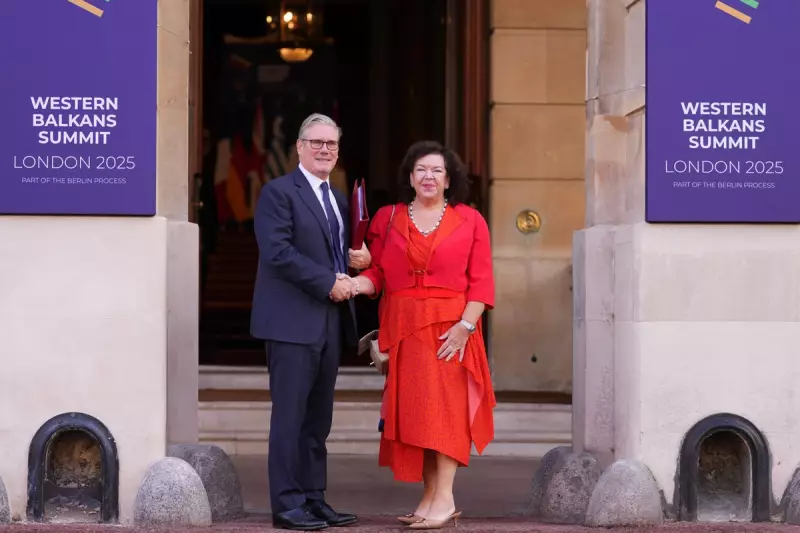
In a significant foreign policy move, Labour leader Sir Keir Starmer has convened a high-level summit with Western Balkans leaders at the party's London headquarters, marking a decisive shift in Britain's engagement with the strategically vital region.
Strengthening European Partnerships
The meeting brought together Albanian Prime Minister Edi Rama and other key regional figures for discussions focused on enhancing security cooperation and economic ties. The gathering represents Starmer's commitment to rebuilding Britain's diplomatic bridges and playing a central role in European affairs.
"The Western Balkans' future is inextricably linked to Britain's own security and prosperity," Starmer emphasised during the talks. His statement underscores Labour's determination to position the UK as a reliable partner in maintaining regional stability.
Strategic Importance Amid Global Uncertainty
With rising geopolitical tensions across Europe, the Western Balkans has regained prominence in international diplomacy. Starmer's initiative signals a potential reorientation of British foreign policy should Labour form the next government, with particular focus on:
- Enhanced security cooperation and intelligence sharing
- Economic partnerships and investment opportunities
- Support for democratic institutions and governance
- Combating foreign interference and disinformation
The timing of this diplomatic offensive is particularly significant, coming as Western nations seek to counter Russian influence in the region and support countries pursuing European integration.
A Renewed British Role in Europe
Prime Minister Edi Rama's presence at the London talks highlights the importance regional leaders place on Britain's continued engagement. The Albanian leader has been vocal about maintaining strong UK-Albania relations regardless of Brexit, particularly in areas of mutual security concern.
This diplomatic manoeuvre positions Starmer as a statesman capable of navigating complex international relationships while addressing domestic concerns about Britain's global standing. The Western Balkans initiative may well preview Labour's approach to foreign policy - one that emphasises practical cooperation over ideological posturing.
As political observers note, this represents more than mere opposition diplomacy; it's a clear statement of intent about the kind of international role Britain would play under a Labour government.





